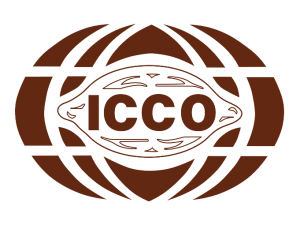DURATION: | Two years |
LOCATION: | CAMEROON, CÔTE D’IVOIRE, GHANA, NIGERIA, TOGO |
NATURE OF PROJECT: | Sanitary and Phytosanitary Standards |
ESTIMATED TOTAL COST: | US$ 6,264,109 |
GRANT FINANCING: | US$ 593,460 – STDF |
EXTERNAL CO-FINANCING: | US$ 3,43,700 EDES; CropLife Africa; UNDP |
COUNTERPART FINANCING: | US$ 2,326,949 |
PROJECT EXECUTING AGENCY (PEA): | Fonds Interprofessionnel pour la recherche et le Conseil Agricole (FIRCA) |
PROJECT SUPERVISORY BODY: | International Cocoa Organization (ICCO) |
PROJECT STARTING DATE: | January 2011 |
COMPLETION DATE: | December 2013 |
Brief DescriptionThe objective of the project is to maintain market access for cocoa beans from Africa through capacity building in SPS, in order to produce good quality cocoa that complies with the relevant international regulations and legislation on pesticide residues and other harmful substances.
|
Project StatusThe project was completed and closed in December 2013.
|
Implementation Results
|
